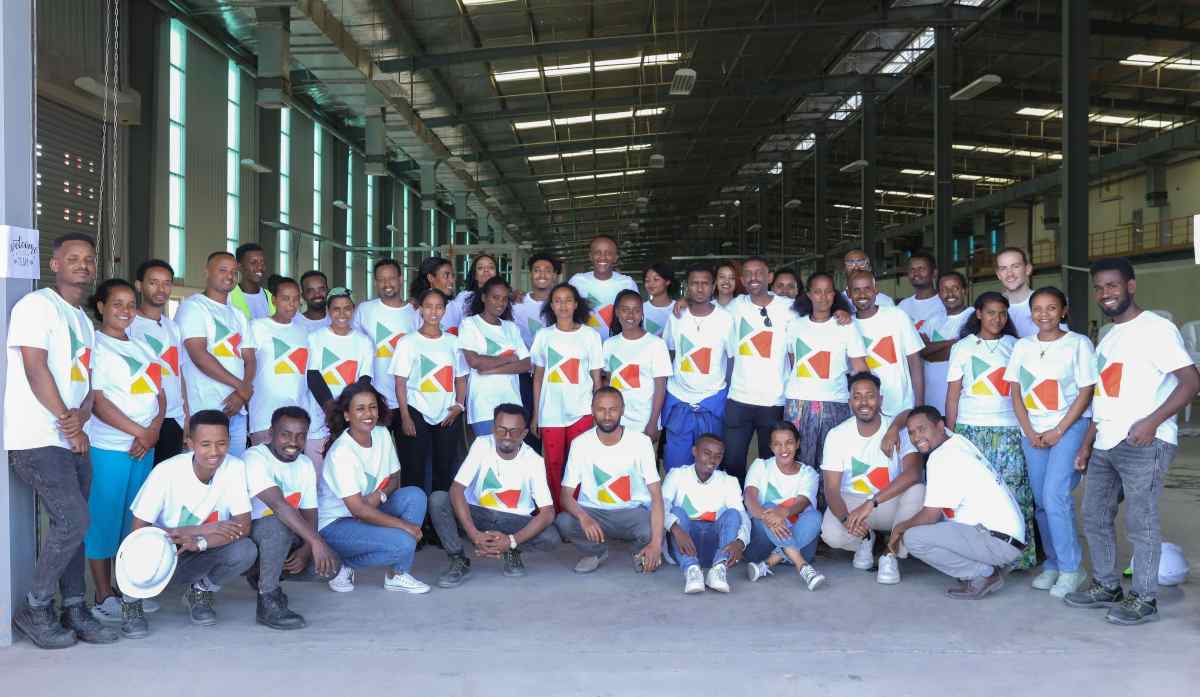
In a significant boost for plastic upcycling innovation and sustainable construction, Kubik, an emerging player in the environmental tech industry, has achieved a new milestone in its journey towards combating plastic waste. The company recently announced a $1.9 million seed extension from a consortium of visionary investors, signaling growing confidence in Kubik’s mission and technological approach. Spearheaded by African Renaissance Partners, a venture capital firm with roots in East Africa, alongside Endgame Capital and King Philanthropies, both of which have a keen interest in technologies addressing climate change and poverty, the funding round marks a significant endorsement of Kubik’s endeavors.
This new infusion of funds arrives at a crucial juncture for Kubik, as the startup scales its operations in Ethiopia with the introduction of its pioneering factory in Addis Ababa. This facility stands as a testament to the company’s innovative approach, turning plastic waste into interlocking building materials such as bricks, columns, beams, and jambs. According to Kidus Asfaw, co-founder and CEO of Kubik, this move is but the first step in a strategic expansion plan aimed at leveraging their groundbreaking technology for broader, pan-African reach starting from 2025.
Kubik’s solution to the plastic waste crisis employs upcycling to create low-carbon, durable, and affordable building materials. This not only addresses the environmental impact of plastic waste but also disrupts traditional construction methods by reducing reliance on cement, aggregates, or steel. Asfaw highlighted the company’s ultimate goal of licensing this technology to partners, envisioning a future where Kubik’s innovative production method becomes a global standard in sustainable material manufacturing.
The cost-effectiveness of Kubik’s materials, which can reduce construction expenses by at least 40% per square meter, presents a compelling advantage for developers, especially in affordable housing projects. This attribute, coupled with favorable safety assessments by Intertek, a European standards agency that verified the materials’ strength, toxicity, and flammability, positions Kubik’s products as both an economic and ecological win.
Kubik’s current capacity to recycle 5,000 kilograms of plastic waste daily, with potential expansion to 45,000, underscores the startup’s readiness to tackle the plastic pollution crisis head-on. With partnerships already established with corporates and Addis Ababa’s municipality, the company is well-poised for future growth, including diversification into other products like pavers and flooring materials.
The urgency of addressing the plastic pollution crisis cannot be overstated, with annual global production standing at 430 million tonnes, two-thirds of which are for short-lived products. The problem is particularly acute in rapidly urbanizing regions like Africa, where waste management infrastructure struggles to keep pace with growth. In this context, innovative solutions like Kubik’s are not just beneficial but essential for supporting sustainable urban development and achieving environmental goals.
As Kubik looks to the future, its ambitious plans for pan-African expansion and technological licensing reflect a broader vision of environmental sustainability and economic accessibility in construction. With the support of its investors and the communities it serves, Kubik is paving the way towards a future where construction is not just about building structures but about nurturing a healthier planet.
Source






